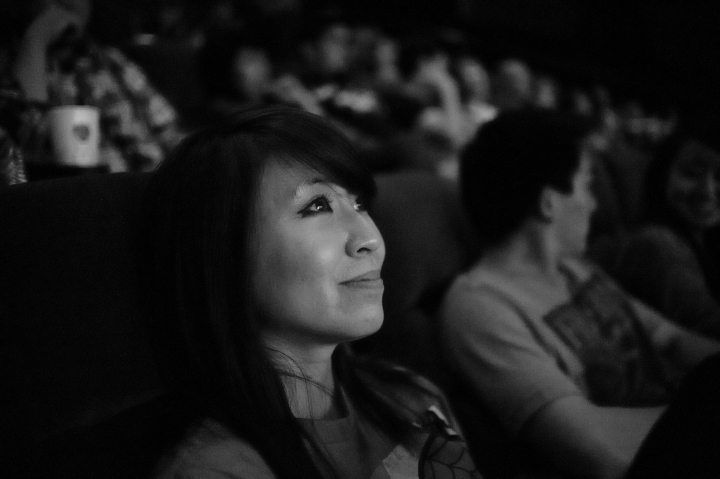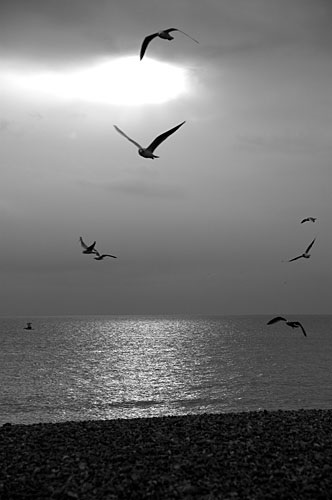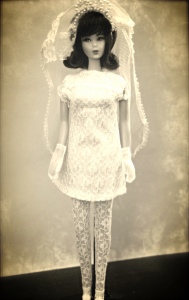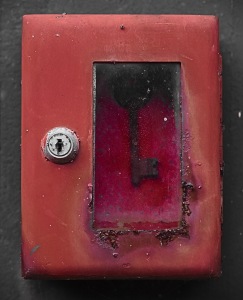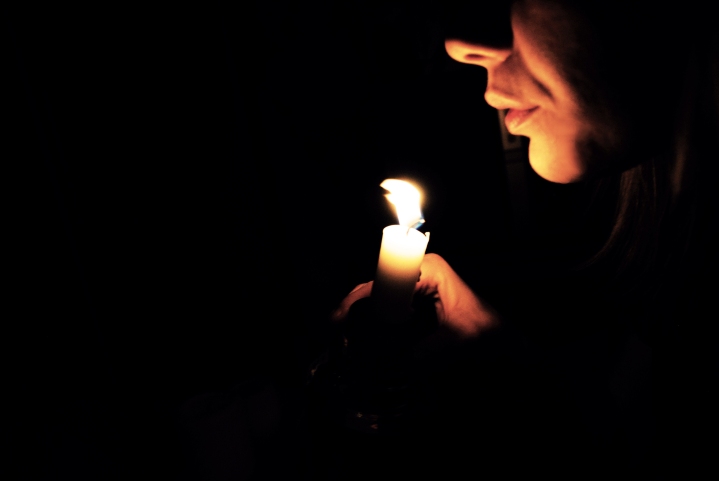
I’ll have to admit that recently, I haven’t been as comfortable spending time alone being quiet. I believe this largely has to do with midlife circumstances that are not all that unusual though not necessarily a given for everyone at this stage – having a child preparing to leave home, adapting to life as a single person, grappling with health issues and family problems, facing regrets and limitations. Added to that has been the turmoil of a new government: The fear and anxiety it has created regarding the welfare of the earth, the sick and elderly and young, threats from menacing foreign powers to name a few. I feel attached to a roller coaster I cannot afford to be riding. I know many of us feel this way. What’s your stress level right about now?
Last summer, I titrated off of klonopin, a controlled substance used to treat anxiety as well as psychotic symptoms. My challenge is the former and I had managed to be drug free after much physical and emotional havoc. Then a new president was sworn in who would by his actions and words began to create cause for concern for many, and for me, triggered the depths of my anxiety. I had to finally admit this week: I needed a partial dose of klonopin again if I was going to sleep and get back to a regular routine.
It is hard for me to admit my limitations. As a girl growing up in a pastor’s home, a pastor who share what he believed and spoke for justice and peace, I was always told I was strong. After this past inauguration, when I heard my fellow concerned citizens say things like everyone must do their part every day all the time to deal with the upheaval and threat on every front, I agreed with them on the one hand. And yet, on the other hand, there have been times when I’ve had to say, wait a minute, I have to stop. And sometimes I have to stop to tend to my child. Yet more recently, honestly, I’ve had to stop, or at least walk away for a while, to tend to myself.
The thing I’ve noticed about anxiety is that it’s like the action of the waves coming up along a beach when there’s a storm approaching. The waves start to pile one on top of the other, crashing more chaotically on the sand, disrupting the relatively regular ebb and flow of the tide. It’s a collective effect of the force of building waters, the weight of building incoming waves that increase and punish the coast. I have to stand in the gap of what builds when the chaos overwhelms. For me this has become having to take a pill. Once the storm goes past a certain point, I am lost and doing well only to remember my life preserver – take my pill again, call my nurse psychiatrist.
This is a hard lesson to learn. I remember the words of my father: Meggo, you are strong.
And yet, these are the times I haven’t felt this way at all.
Besides taking a pill, something else I’ve felt absolutely critical when I have felt overwhelmed are times of silence, silence from the news, silence from corresponding, silence even from music. And yet this has only been a recent development. Recently I’ve escaped the anxiety that silence brings, the regrets and bad memories, the negative emotions about so-and-so, the flotsam and jetsam of a brain littered with old unfinished business. When the pain from this is excrutiating? Turn up the television, turn on the radio or youtube, listen to a book livestreaming, watch a movie on Netflix or Amazon Prime. Get busy .
For three years after my divorce, up until quite recently, I dated, met people online, kept myself insanely active socially. When my child was with his father, I couldn’t stand being in the house alone. And this is what that amounts to: I couldn’t stand being with myself. Talk about psychic noise. I had failed my parents getting a divorce, I had failed my son, I had failed me, I had failed extended family. And then, probably partly because of my lifestyle which started with marital difficulties, I got sick with two diseases, cancer and diabetes, not to mention the ongoing challenges of bipolar, and so I failed myself in the most fundamental way imaginable. I was on a collision course with myself and though my life is calmer now I still feel the effects of that collision, that storm, the beach is still littered and road repair is needed.
I used to read quite a bit. I used to write a lot more. I had ambition not long ago I think. I used to rarely watch television. The world was a refreshing break from so much silence and contemplation rather than an escape from what has felt like forced silence and separation. And yet, I think we sometimes make the choices we know that we should make even if they cause us pain. A choice to remain on the outskirts of town has given me the chance to get used to being alone, has given me space to begin to heal and figure out how to conduct myself and structure my time, to make a plan. I am vaguely remembering who I used to be and what I used to dream about, and that I actually used to dream. Cancer treatment can rob you of memories, of dreams, of a sense of self. So can experiencing extreme psychic pain. So can mental illness.
I am sitting on my bed now that I decided to get to replace my old bed. The old bed reminded me of divorce, of cancer. The new bed doesn’t look anything like my old bed. I liked my old bed, but I like this one much better. It is my new cocoon containing my new dreams, my new self, the place I lay my body down in recognition of my weakness, in recognition of my pain, in sorrow for my sins, in hopes of returning dreams, in expectation of stories read and enjoyed and inspirations to come, new friends to be made, old friendships to re-establish, family among whom to re-fashion roots, a world to think about and engage, letting no detail slip by but rather holding each in my heart as an object of concern and prayer and re-imagining.
